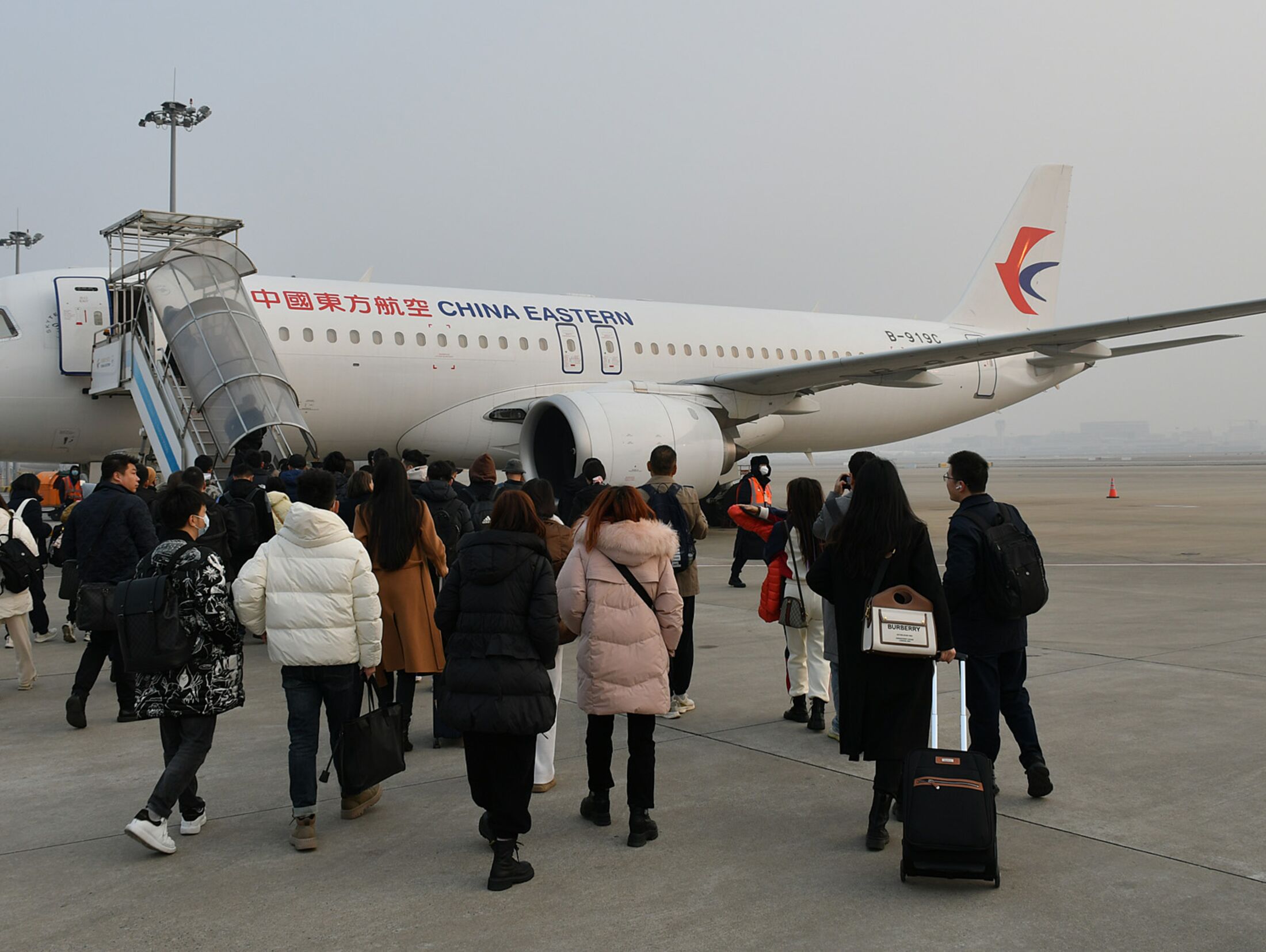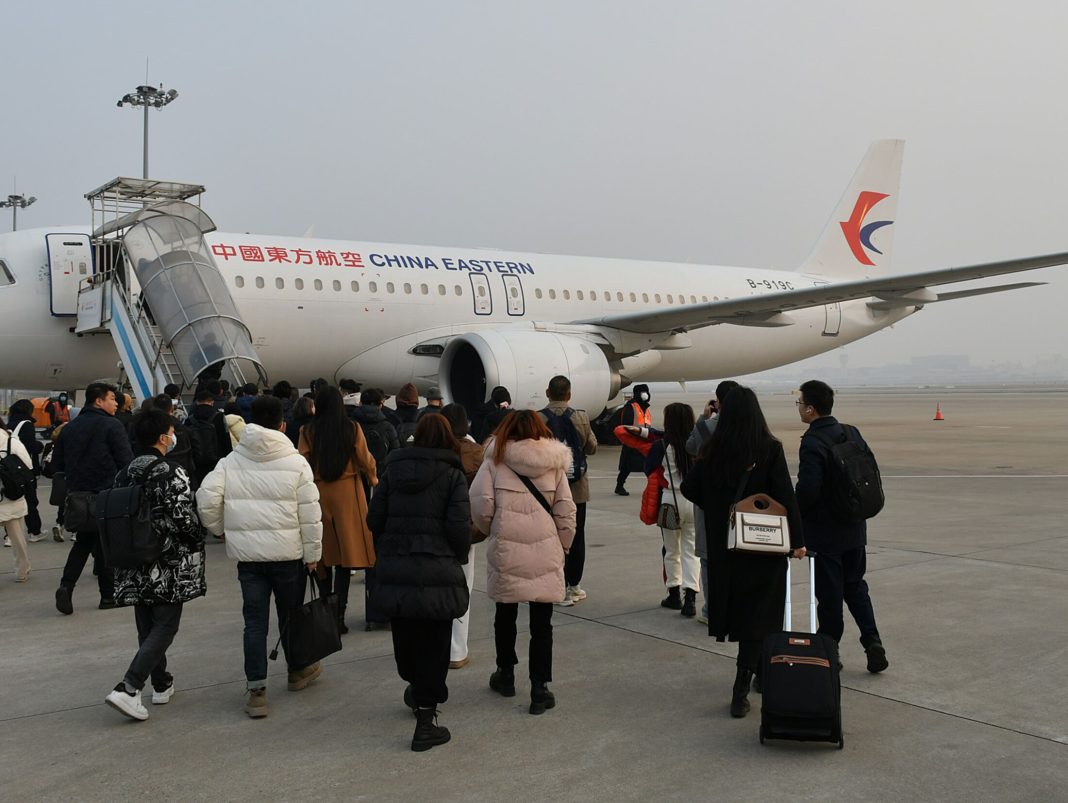
IBM, a well-known American tech giant, is the latest company to announce its withdrawal from the Chinese market. Reports suggest that IBM is in the process of shutting down its research and development (R&D) departments in China, affecting over 1,000 employees. This move follows a trend of Western tech companies scaling back their operations in China due to increasing regulatory pressures from the Chinese Communist Party (CCP).
IBM’s decision to adjust its operations in China is not surprising considering the challenges faced by other Western companies. LinkedIn, owned by Microsoft, closed its services in China in 2021, citing a more challenging operating environment and greater compliance requirements. The company had faced criticism for blocking profiles of researchers and journalists whose work involved China. LinkedIn later attempted to launch a job-search-only platform for Chinese professionals but ultimately phased it out due to fierce competition and a challenging macroeconomic climate.
Yahoo, another American tech giant, also withdrew from mainland China in 2021, acknowledging the increasingly challenging business and legal environment. Airbnb, the vacation rental company, made a similar decision in May 2022, likely influenced by the disruptions caused by repeated lockdowns and stringent COVID-19 measures in the country. Amazon followed suit by pulling its Kindle service out of the Chinese market in June 2022.
The Chinese regime’s actions, such as raids on foreign companies and arrests of businesspeople on national security grounds, have raised concerns among foreign investors. The regime’s anti-espionage and data-controlling regulations have also contributed to growing unease among foreign businesses. The extension of the state secrets law in February, which introduced the concept of “work secrets,” further tightened control over sensitive information.
Trade tensions between the United States and China have also played a role in IBM’s decision. The Biden administration has increased tariffs on imported electric vehicles, solar panels, and other goods in response to the CCP’s trade practices that disadvantage American companies and workers. U.S. lawmakers are pushing for measures to combat Beijing’s unfair trade practices, particularly its efforts to acquire American technological know-how through intellectual property theft and forced technology transfer.
U.S. Ambassador to China Nicholas Burns has highlighted the lack of a level playing field for American companies in China. He pointed out intellectual property rights violations, forced technology transfer, and massive subsidies given to Chinese companies by the government and provincial governments, all of which put American rivals at a distinct disadvantage.
Overall, IBM’s decision to scale back its presence in China reflects the challenges faced by Western tech companies in the country. The regulatory pressures, trade tensions, and unfair trade practices have created an unfavorable business environment, leading to a growing exodus of companies from the Chinese market.


